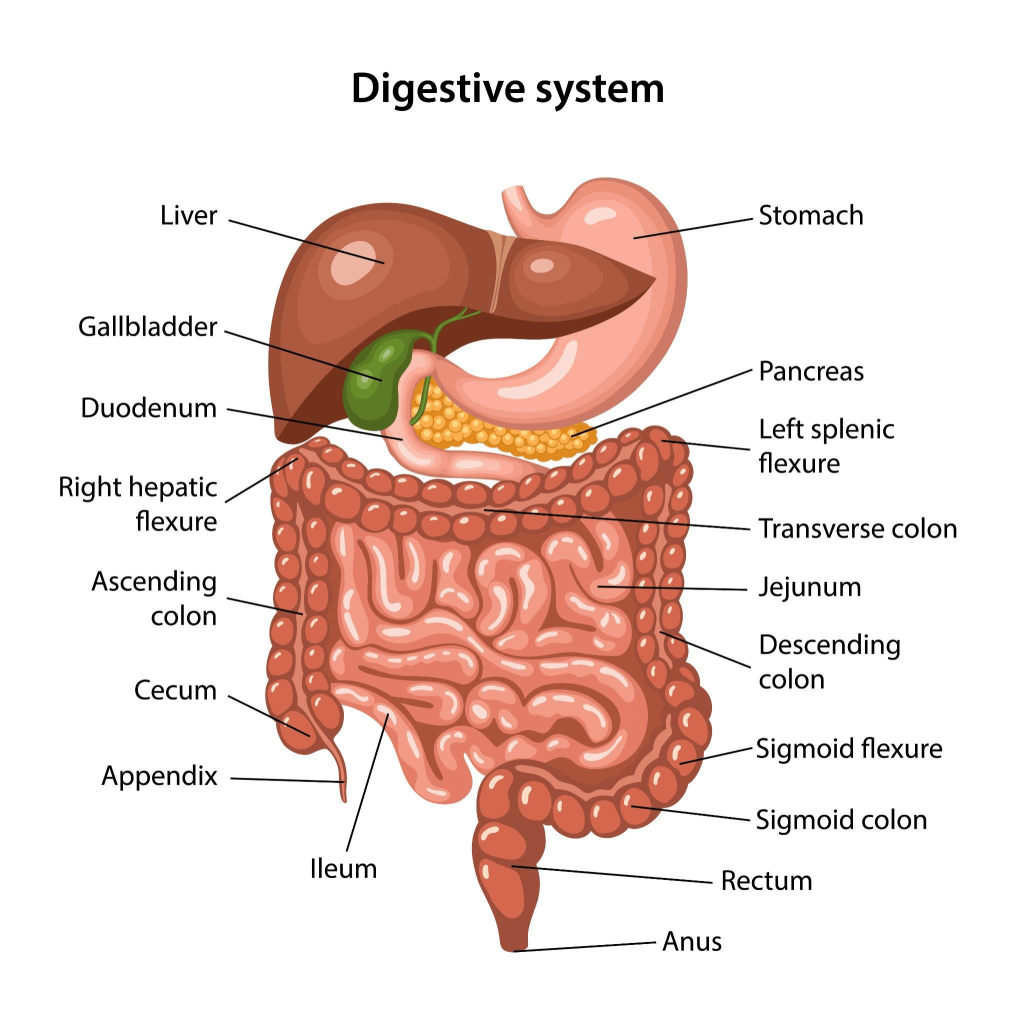A stomachache or mild heartburn often isn’t a cause for concern and is probably an experience we’ve all gone through at some point in our lives — these are generally indications that we’ve eaten something that upset our stomach.
In other cases, however, certain symptoms could be a sign of more serious conditions. When should we see a Gastroenterologist for our gut health? Consultant Gastroenterologist, Dr Benjamin Yip, weighs in.
What is a Gastroenterologist?

Gastroenterologists are specialist doctors who diagnose disorders of the digestive system such as liver disease or irritable bowel syndrome (IBS). They are also trained to perform numerous procedures to treat these conditions, including general endoscopy techniques such as gastroscopy and colonoscopy and advanced endoscopy techniques such as endoscopic ultrasounds (EUS) and endoscopic retrograde cholangiopancreatography (ERCP).
What signs and symptoms to look out for

Unexplained loss of weight and appetite
Certain issues, such as inflammation, infection or tumours of the gastrointestinal tract, can affect the body’s ability to digest food properly, resulting in malnutrition and unexplained weight loss. It is advisable to visit a doctor if you’ve lost more than 5% of your body weight in 6 months.
Nausea or vomiting
Generally, nausea and vomiting are indications of inflammation or infection of the stomach and proximal small intestine, causing your stomach to expel the contents you’ve just consumed.
Chronic constipation
Constipation could be a side effect of certain medications. However, if symptoms persist, or are accompanied by other symptoms such as blood in your stool, please consult a doctor immediately.
It is also important to treat the condition to prevent complications such as haemorrhoids or anal fissures.
Diarrhoea
Acute diarrhoea could be a sign of infection (viral or bacterial) and usually lasts for a few days. However, chronic diarrhoea that lasts beyond four weeks could be a sign of lactose intolerance or inflammatory bowel disease (IBD).
Abdominal Pain/ Bloating
Severe abdominal pain is a medical emergency. You should also visit your doctor if you suffer from abdominal pain and bloating that lasts beyond 1 week or immediately if you feel very unwell.
Jaundice
Jaundice, or the yellowing of the skin and whites of the eyes, indicates a high level of bilirubin (a yellow-orange bile pigment). This could mean issues with the liver, such as viral hepatitis.
Blood in Stools
Blood in your stools could mean anything from haemorrhoids to colorectal cancer. This makes it crucial to visit your doctor, especially if the bleeding is accompanied by other symptoms.
Frequent Heartburn
Chronic heartburn, if experienced several times a week, could be indicative of gastroesophageal reflux disease (GERD).
Difficulty Swallowing (Dysphagia)
Call a doctor if you experience sensations of something stuck in your throat or experience throat or chest pain when you swallow food. Dysphagia could also be a symptom of GERD or something more sinister like ulcers or tumours in the oesophagus.
Indigestion (Dyspepsia)
A feeling of fullness or pain related to meals, accompanied by stomach bloating could be a sign of dyspepsia. These symptoms may become more frequent and last for days or even weeks.
Summary
In general, stomachaches and other digestion-related symptoms aren’t a cause for concern, unless experienced intensely, persistently or accompanied by various other symptoms, as mentioned above.
“No issue is too small,” Dr Yip encourages, “there are a variety of diagnostic tests that can help examine any structural abnormalities in your digestive system to effectively diagnose your condition. If you experience any of the symptoms highlighted in the article, please consult a Gastroenterologist for further evaluation”.
One should not suffer from these symptoms in silence, and it is important to note that most of these conditions are treatable and manageable, especially when detected early.

